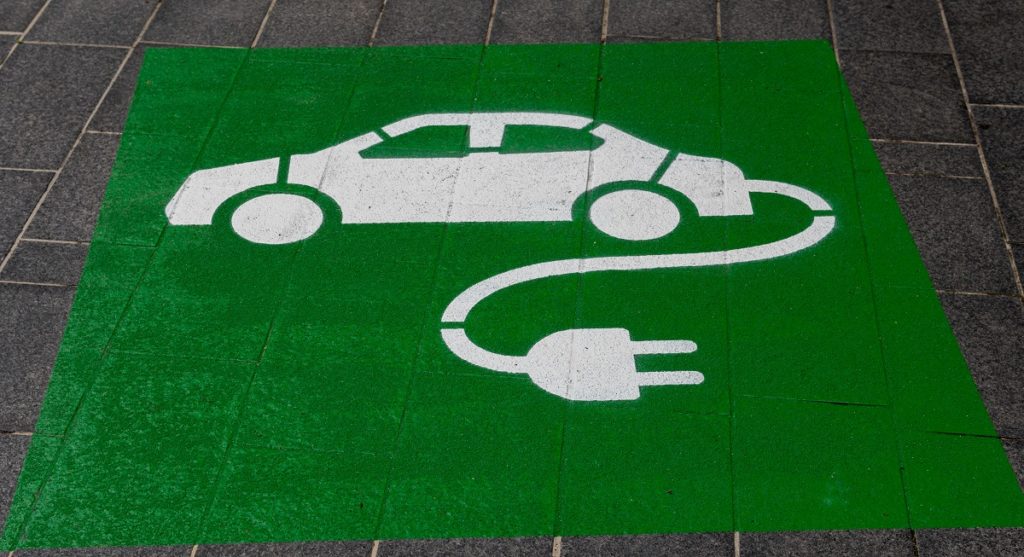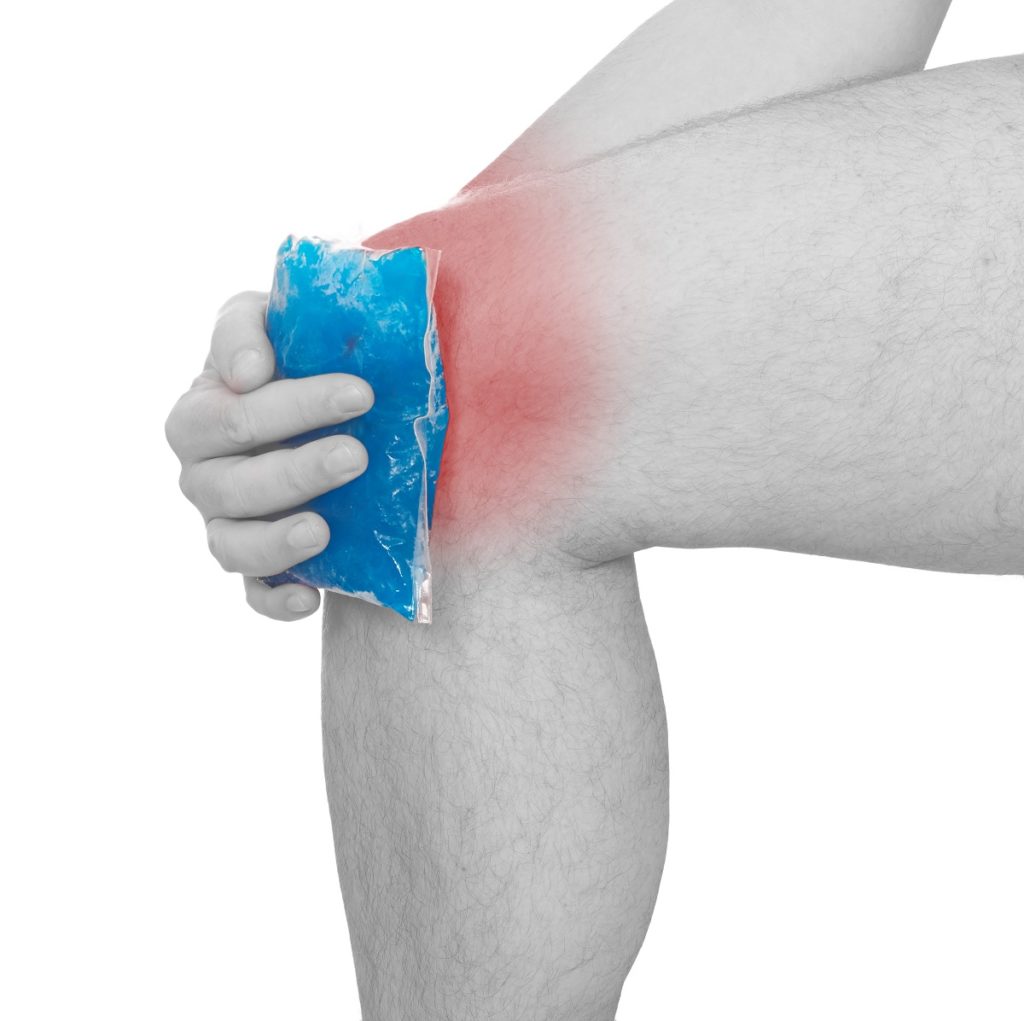Year after year, car manufacturers surprise us with new technologies designed to improve efficiency and promote road safety.
Below are some noteworthy tech trends set to shake the automotive industry in the new decade.
Self-driving systems
Autonomous vehicles are set to take the world by storm. In fact, experts predict that by 2040, the autonomous vehicle industry will be a $3.6 trillion opportunity. Not only will self-driving cars improve the lives of drivers, they can also increase safety and reduce fuel emissions. The goal is to make the cars react to speed limits, pedestrians, harsh weather, and fallen trees.
Many of the largest car manufacturers are making progress to advance the technology. Daimler, the parent company of Mercedes-Benz, joined forces with Bosch to develop self-driving taxis for urban living. Ford has also announced plans to mass-produce a car with no gas pedal, steering wheel, and brake pedal car by 2021.
Eco-friendly cars
The demand for eco-friendly cars continues to surge amidst climate change and spiraling fuel prices. In 2019, sales of electric cars topped 2.1 million globally, around 2.6% of global car sales. Hyundai’s Ionic Electric remains to be one of the bestselling electric cars to date. With a fuel efficiency of 136 MPGe, this midsize electric car delivers plenty of torque, while keeping harmful emissions to a minimum.
Electric cars running on alternate fuels produce almost zero tailpipe emissions and are more energy-efficient than conventional vehicles. Fortunately, a new era of motorized mobility involving regenerative braking and the development of high-energy lithium ion battery cells have sped up the commercialization of electric vehicles.
Upgraded safety systems
Specialized cameras are becoming a big hit in the auto industry. From lane change sensors to tire pressure detectors, this new breed of cameras enables drivers to improve visibility and avoid accidents. They also enable drivers to check for objects or disruptions that would usually be hidden from view. Similarly, traction controls and anti-lock braking systems allow drivers to gain better control of the vehicle at all times.

Artificial intelligence (AI)
AI technologies such as computer vision, deep learning, and machine learning have found their way into robotic automation within the automotive industry. Apart from powering self-driving cars, it also improves other services including vehicle insurance and inspection. AI is also widely used in automotive manufacturing, speeding up the rate of production while decreasing costs.
Apex AI, a US-based startup, supports car companies by delivering advanced AI solutions. It takes advantage of 3D perception, localization and control to improve the efficiency of self-driving systems. Similarly, Indian startup RevitsOne created an AI-powered fleet-management software that gives fleets of all sizes relevant insights regarding the vehicle’s health, speed, and running vitals. The company also developed Voicera ID, a voice-based virtual assistant for drivers as well as an onboard speed recorder that tracks speed and prevents harmful driving behaviors.
AI has also enabled predictive maintenance where cars can access relevant data and send it up to a central cloud for processing. The acquired information enables drivers to track and resolve potential issues such as a faulty brake or a busted taillight quickly. Thanks to AI, drivers get notified whether it’s time for their Subaru routine maintenance or their BMW’s engine needs troubleshooting.
Augmented reality dashboard
Augmented reality makes it possible to convert your windshield as a screen, displaying real-time data to the user. The system can display information including speed, weather, gas mileage, and others. Combined with navigation technology, AR dashboards enable drivers to follow directions without taking their eyes off the road.
3D Printing
Thanks to 3D printing, manufacturing cars have never been faster. 3D printed models have made rapid prototyping possible, speeding up the design and testing stages of vehicle production. 3D tech also allows manufacturers to print and produce spare parts according to each car’s unique specifications. Additionally, additive manufacturing of composite materials has enabled manufacturers to build lighter and stronger automotive parts at a minimal cost.
Swiss company 9T Labs for example utilizes 3D printing to manufacture carbon composites for the automotive industry. Fibrify, the startup’s design software, leverages fiber placement and additive fusion technology to create large amounts of carbon fiber products. The 3D printed composites are not only stronger and more lightweight, but also affordable and corrosion-resistant.
Similarly, Italian startup Moi produces quality automobile parts using thermosetting composite materials and 3D printing. Additive manufacturing enables them to create high-performing composites for frames, panels, and interior features.
Amid increasing competition and changing consumer needs, harnessing these tech trends will prove beneficial for car manufacturers all over the world. With the world going digital, automobiles are expected to become smarter and more automated in the coming years.




